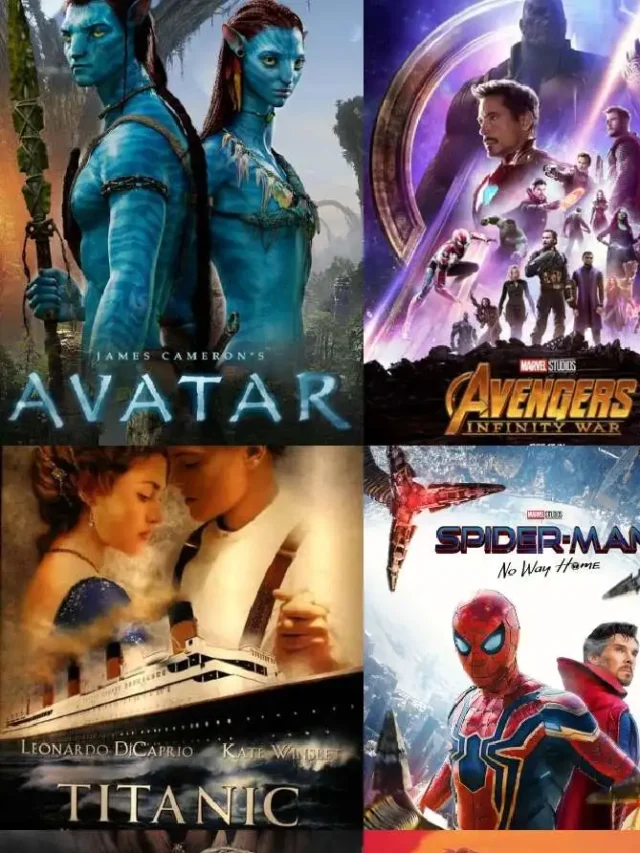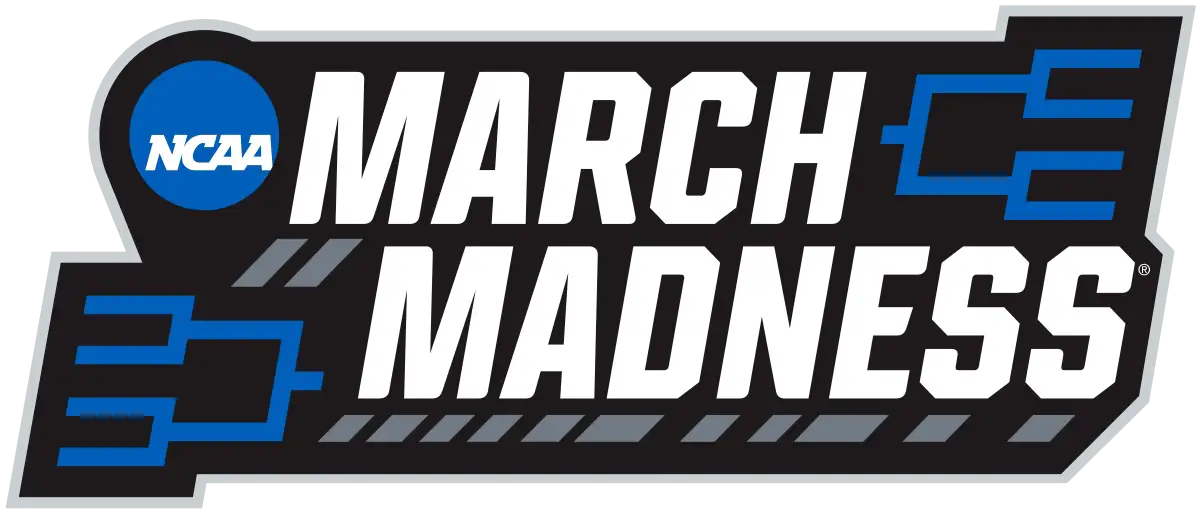Breaking Down the Shohei Ohtani Contract: What It Means for Baseball
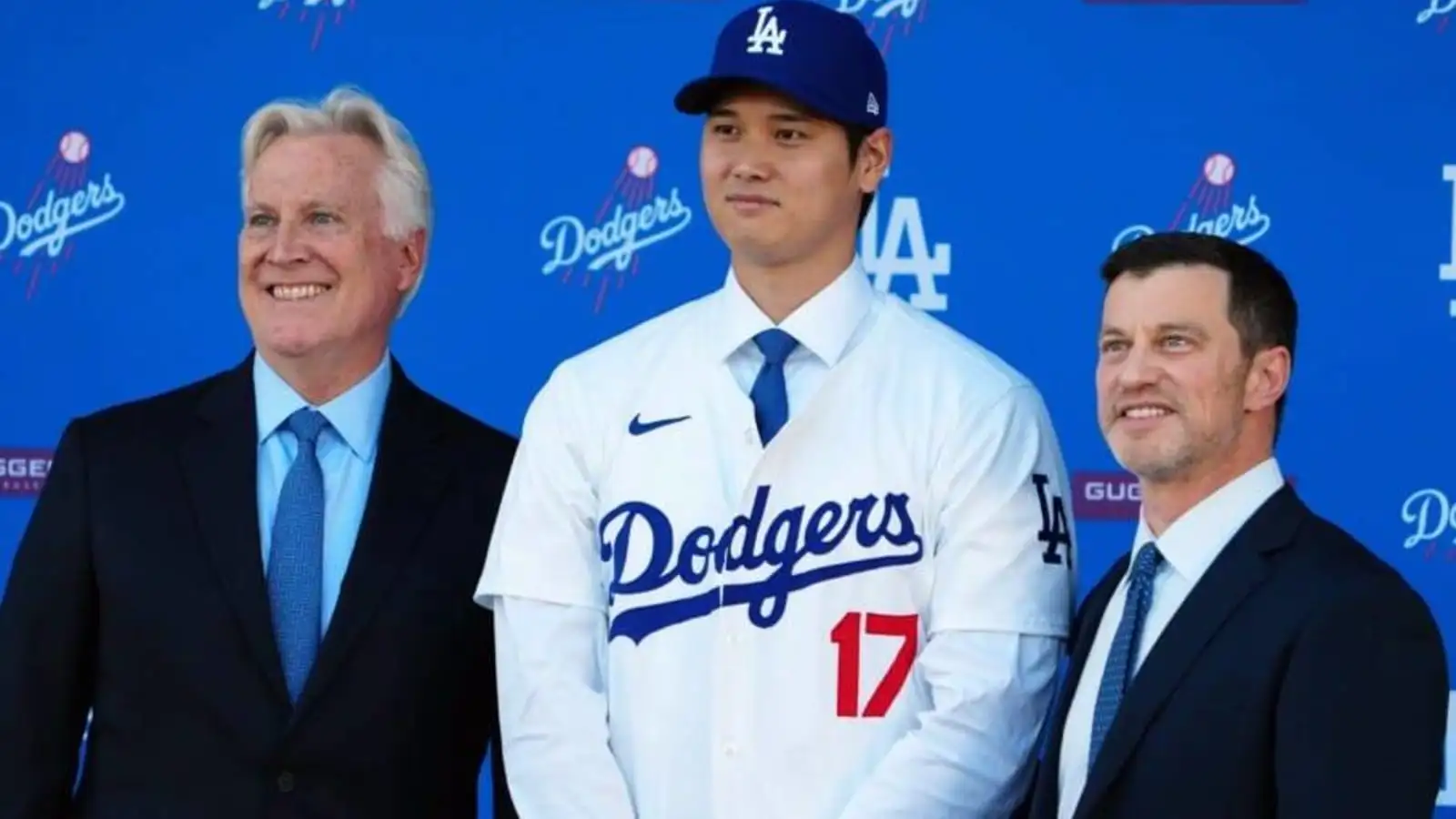
Breaking Down the Shohei Ohtani Contract: What It Means for Baseball
In recent sports headlines, the groundbreaking contract between Shohei Ohtani and the Los Angeles Dodgers has sparked widespread intrigue and debate. This historic deal, valued at a staggering 10-year, $700 million, has captured the attention of fans, analysts, and policymakers alike. Let’s delve into the intricacies of this game-changing agreement and explore its implications for Major League Baseball (MLB) and beyond.
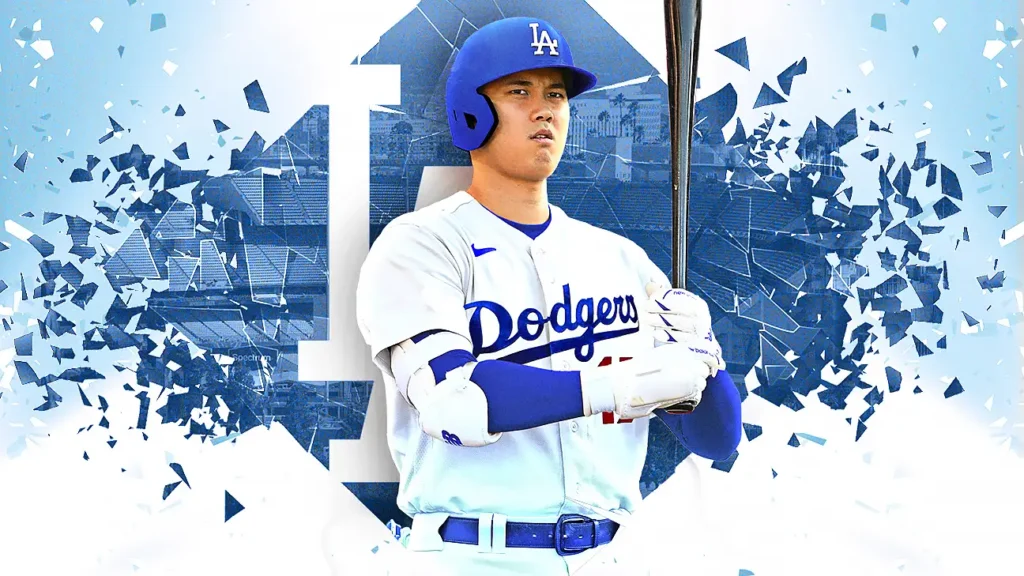
Understanding the Shohei Ohtani Contract
At the heart of the discussion lies the innovative structure of the Shohei Ohtani Contract. Unlike traditional player agreements, Ohtani’s deal with the Dodgers features a significant deferral of his annual salary. While only $2 million is paid upfront each year, the remaining $68 million per annum is deferred until after the contract’s conclusion. This strategic move not only provides Ohtani with financial security but also presents unique advantages for the Dodgers.
Key Facts:
- Shohei Ohtani’s contract with the Los Angeles Dodgers is valued at 10 years and $700 million.
- The contract involves deferring the majority of Ohtani’s annual salary until after the contract expires.
- Ohtani’s decision to defer payments allows the Dodgers to manage their payroll and navigate luxury tax implications more effectively.
Current Contract
Shohei Ohtani signed a 10-year / $700,000,000 contract with the Los Angeles Dodgers, including $700,000,000 guaranteed, and an annual average salary of $70,000,000. In 2024, Ohtani will earn a base salary of $70,000,000, while carrying a total salary of $70,000,000. Ohtani’s adjusted salary with the Los Angeles Dodgers is $2,000,000
| CONTRACT:10 yr(s) / $700,000,000 | SIGNING BONUS:– | AVERAGE SALARY:$70,000,000 | DEFERRALS:$680,000,000 | PRESENT-DAY VALUE:$460,814,760 | FREE AGENT:2034 / UFA |
Navigating Luxury Tax Dynamics
One of the most significant implications of the Shohei Ohtani contract pertains to luxury tax management. By deferring the bulk of Ohtani’s salary, the Dodgers can minimize their luxury tax obligations, thereby preserving financial flexibility for future roster moves. This strategic maneuvering underscores the importance of financial planning and resource allocation in modern sports franchises.
Key Facts:
- The deferral of Ohtani’s salary enables the Dodgers to mitigate luxury tax implications.
- By spreading out payments over time, the Dodgers can optimize their financial resources and maintain competitiveness in the MLB.
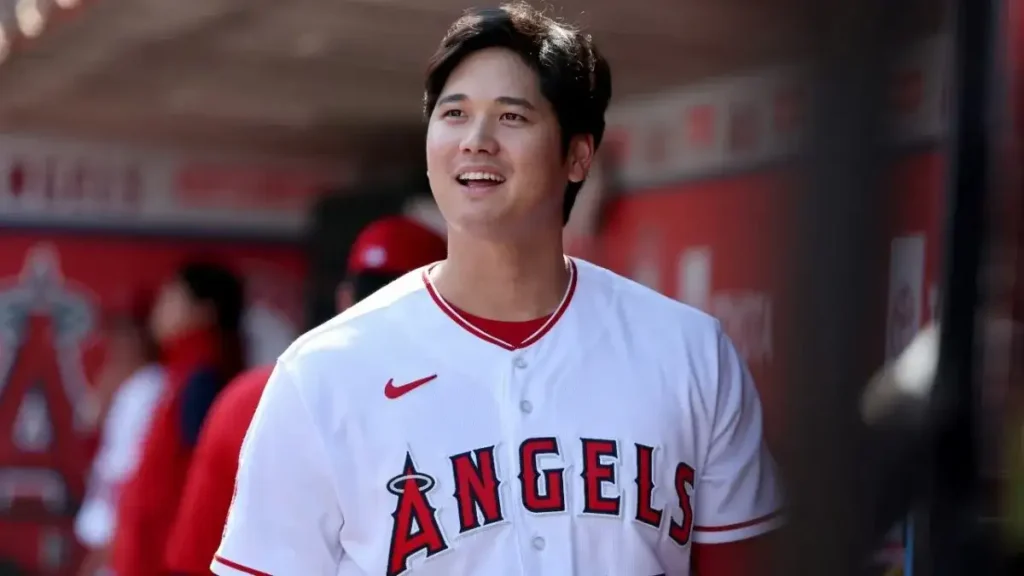
Potential Impact on MLB Contracts
Ohtani’s contract sets a precedent for innovative contract structures in professional sports. As other players and teams observe the strategic advantages of deferred payments, it’s conceivable that similar arrangements may become more prevalent in future negotiations. This shift could have far-reaching implications for MLB contracts and collective bargaining agreements.
Key Facts:
- Ohtani’s contract may influence future negotiations between players and teams.
- The absence of caps on contract deferrals in the current collective bargaining agreement has facilitated innovative contract structures like Ohtani’s.
Assessing Competitive Dynamics
While Shohei Ohtani contract offers financial benefits for the Dodgers, its impact on competitive dynamics warrants careful consideration. Despite the acquisition of a marquee player like Ohtani, success in professional sports remains uncertain. The Dodgers must navigate a highly competitive landscape, where postseason performance hinges on factors beyond individual talent and financial investment.
Is Shohei Ohtani married, or is he currently single?
Key Facts:
- Ohtani’s signing provides the Dodgers with a competitive edge but does not guarantee postseason success.
- Roster depth and performance in playoff scenarios are critical factors in achieving championship aspirations.
Broader Implications for Baseball
Beyond its immediate effects on the Dodgers, Ohtani’s contract signals broader shifts in the baseball landscape. From financial regulations to competitive strategies, the ripple effects of this groundbreaking agreement extend far beyond the confines of Dodger Stadium. As baseball evolves, stakeholders must adapt to new paradigms and embrace innovation in player contracts and team management.
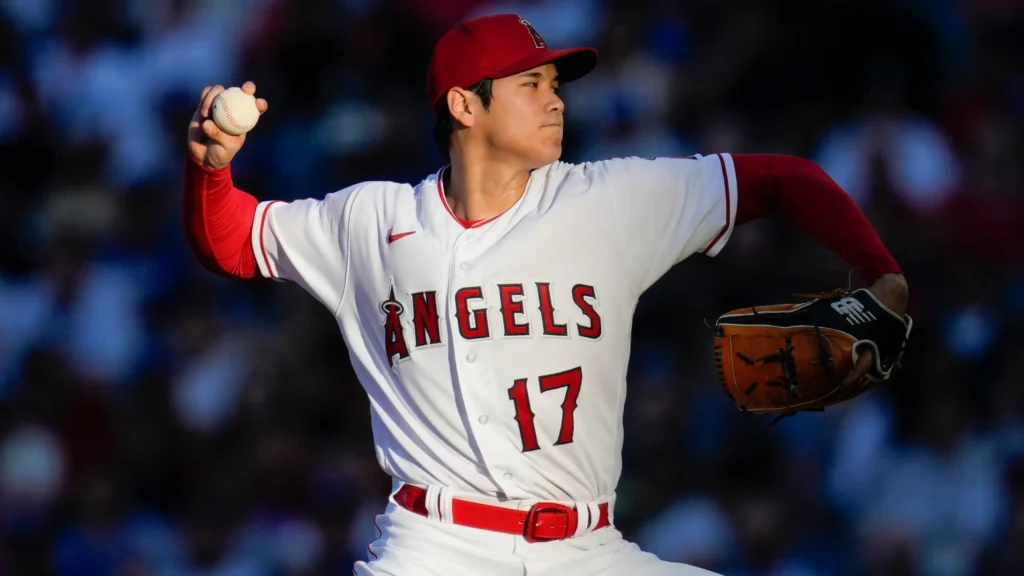
Key Facts:
- Ohtani’s contract may have broader implications for financial regulations and competitive strategies in MLB.
- As baseball evolves, stakeholders must embrace innovation and adapt to new paradigms in player contracts and team management.
Looking Ahead
As the baseball world grapples with the ramifications of the Shohei Ohtani contract, one thing remains certain: the landscape of professional sports is ever-changing. While Ohtani’s deal may represent a paradigm shift in player contracts, its ultimate impact on the game’s future remains to be seen. As fans, analysts, and industry insiders await further developments, one thing is clear: the Shohei Ohtani contract has left an indelible mark on the world of baseball.
In conclusion, Shohei Ohtani contract with the Los Angeles Dodgers represents a paradigm shift in player contracts and financial management in Major League Baseball. By strategically deferring the majority of his salary, Ohtani and the Dodgers have reshaped the landscape of professional sports contracts, paving the way for future innovations and negotiations. As the baseball world adapts to these changes, one thing is certain: the Shohei Ohtani contract will be remembered as a defining moment in the history of the game.






